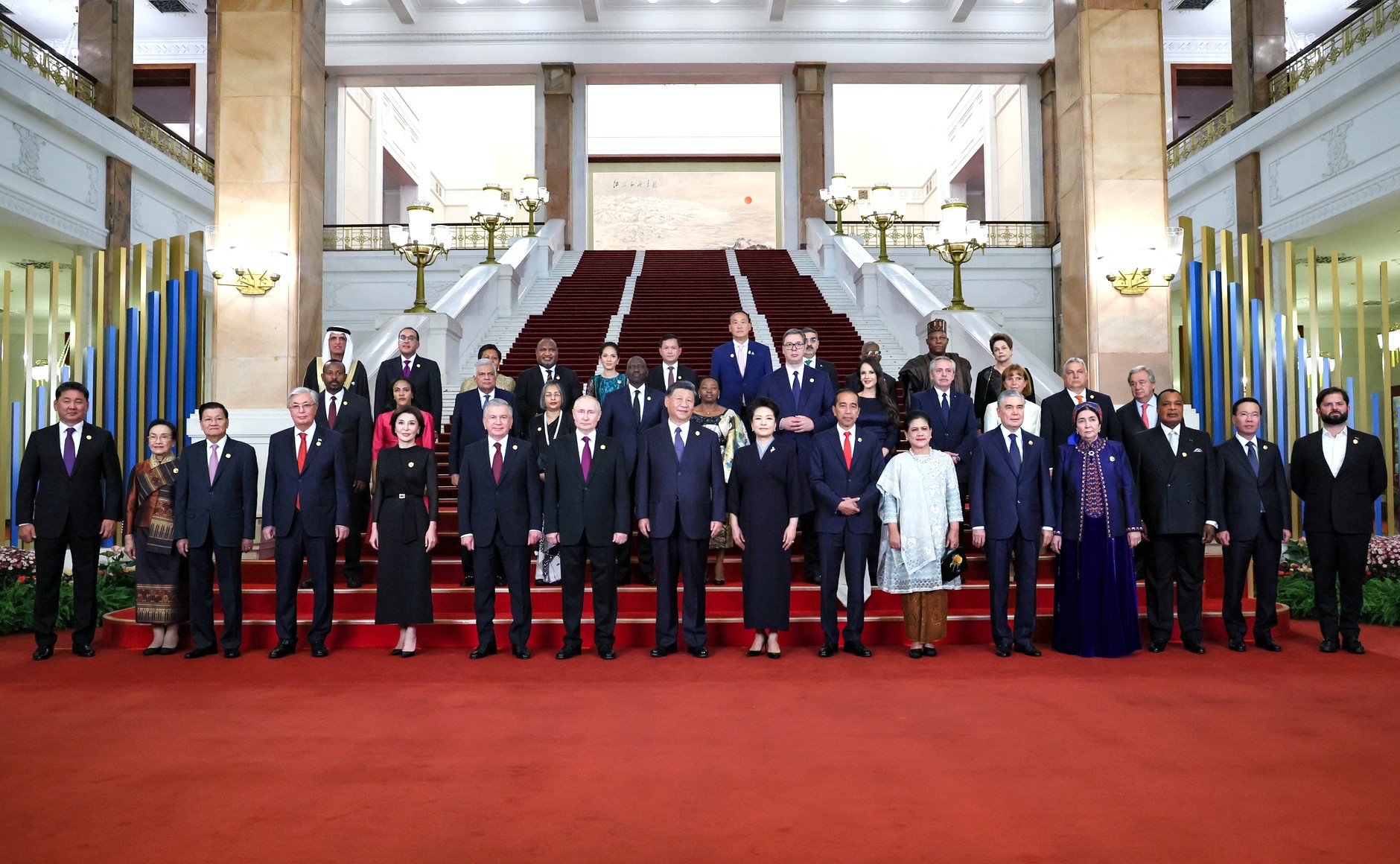The Chinese Government has pledged to refinance and complete the Abuja-Kano and Port-Harcourt-Maiduguri railway projects in Nigeria. This commitment is seen as a major milestone for Nigeria and reflects the enduring ties between the two countries.
The announcement was made by President Xi Jinping of the People’s Republic of China at the ongoing Belt and Road Initiative Forum (BRI) in Beijing. The Chinese leader’s disclosure was in response to a request from Nigeria’s President Bola Tinubu, represented by Vice President Kashim Shettima during a bilateral meeting.
Read also: AfDB Approves $301m Funding To Refurbish Uganda’s MGR Rail Line
The Nigerian railway projects awaiting completion
The Abuja-Kano and Port-Harcourt-Maiduguri railway projects, considered crucial infrastructure and legacy projects, have been waiting for funding since their launch due to various factors. Under the original agreement, China would provide 85% of the financing for these projects, with Nigeria responsible for the remaining 15% through appropriations.
The projects are set to be carried out by the China Civil Engineering Construction Corporation, a major player in infrastructure development.
President Xi Jinping emphasised not only the financial commitments but also the strengthening of the bilateral relationship between the two nations. He promised increased investments in Nigeria’s digital economy and power generation and called for the protection of Chinese nationals working in Nigeria. He also expressed appreciation for Nigeria’s support of the One China Policy.
According to him, “Mr Vice President, you spoke about upscaling and further upgrading of our strategic relationship, and I totally agree with you. Nigeria is developing with big potential. I totally agree with you. Our foreign Ambassadors can stay and work out this upgrading”.
China’s plans to support Nigeria
The Chinese leader further pledged to deepen practical cooperation and support Nigeria’s exports, particularly in areas such as peanuts. The China-Africa talent initiative, which aims to foster cooperation between China and Nigeria, remains a key element in their partnership.
Security was another topic of discussion, with President Jinping assuring a continued crackdown on terrorists and a commitment to peace in the Sahel region. He pointed to China’s longstanding military training and memorandums of understanding on joint exercises as evidence of China’s commitment to peace in the region.
Vice President Shettima, representing President Tinubu, described the railway projects as vital to Nigeria, as they are expected to open up the nation’s economy, create jobs, and boost trade and investments.
The relationship between Nigeria and China dates back to 1971 and has evolved into a comprehensive partnership. Vice President Shettima stressed the importance of strong mutual respect and non-political interference between the two nations. He also expressed Nigeria’s commitment to upgrade this relationship to a comprehensive strategic partnership.
Nigeria plans to leverage its relationship with China to adopt programs that improve the country’s digital infrastructure and to collaborate with the Belt and Road Initiative and other emerging markets.
Trafigura-led consortium pledges R10.5bn for Angola-DRC-Zambia rail project
Nigerian government’s plan on boosting the nation’s digital literacy
In a keynote address at the Belt and Road Forum for International Cooperation, Vice President Shettima highlighted Nigeria’s efforts to use technology to address challenges and accelerate economic diversification. The Federal Government of Nigeria aims to train three million technical talents over the next four years and deepen its research capabilities in key technology areas. Nigeria also plans to increase digital literacy nationwide and expand its broadband penetration to 70% by 2025. These efforts align with the broader goal of the Belt and Road Initiative to foster international cooperation and development.
Shettima explained that “Nigeria has recorded a number of achievements including a digitalized public service, developed banking and e-payment systems, electoral reforms through the introduction of the electronic registration of voters and e-transmission of votes, thus creating ripple effects of job creation and human capacity building opportunities for our teeming youth population.”
He added, “We have recently unveiled the new strategic blueprint, accelerating our collective prosperity through technical, as part of the Federal Government’s initiative to accelerate the diversification of the Nigerian economy by enhancing productivity in critical sectors through technological innovation.
The delegation accompanying Vice President Shettima included Nigeria’s Minister of Foreign Affairs, Ambassador Yusuf Tuggar; Minister of Power, Adebayo Adelabu; Minister of Transportation, Saidu Alkali; Nigeria’s Ambassador to China, Baba Ahmad Jidda, and others.
The Chinese Government’s commitment to refinance and complete major railway projects in Nigeria demonstrates the continuing cooperation and deepening of ties between the two nations.




